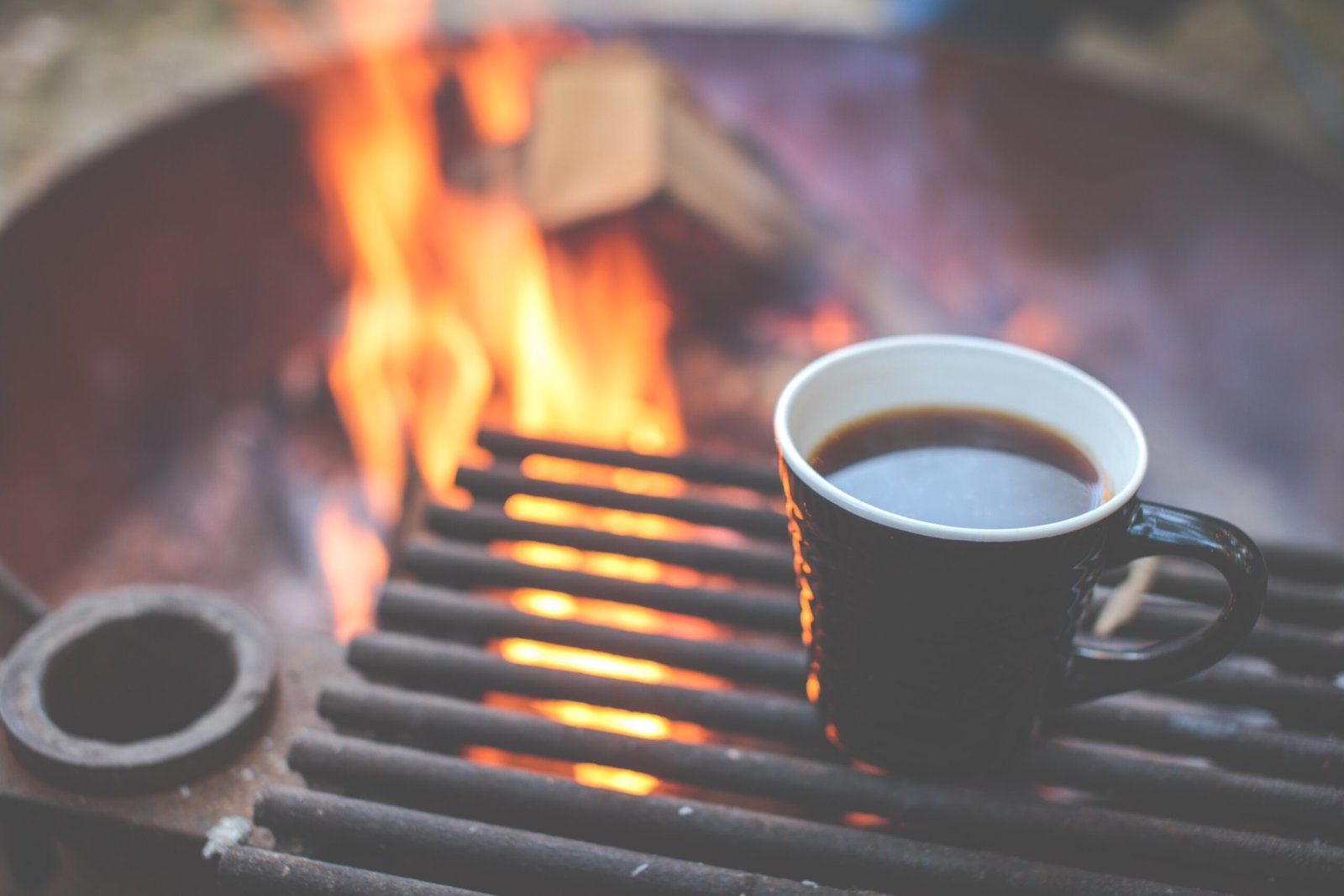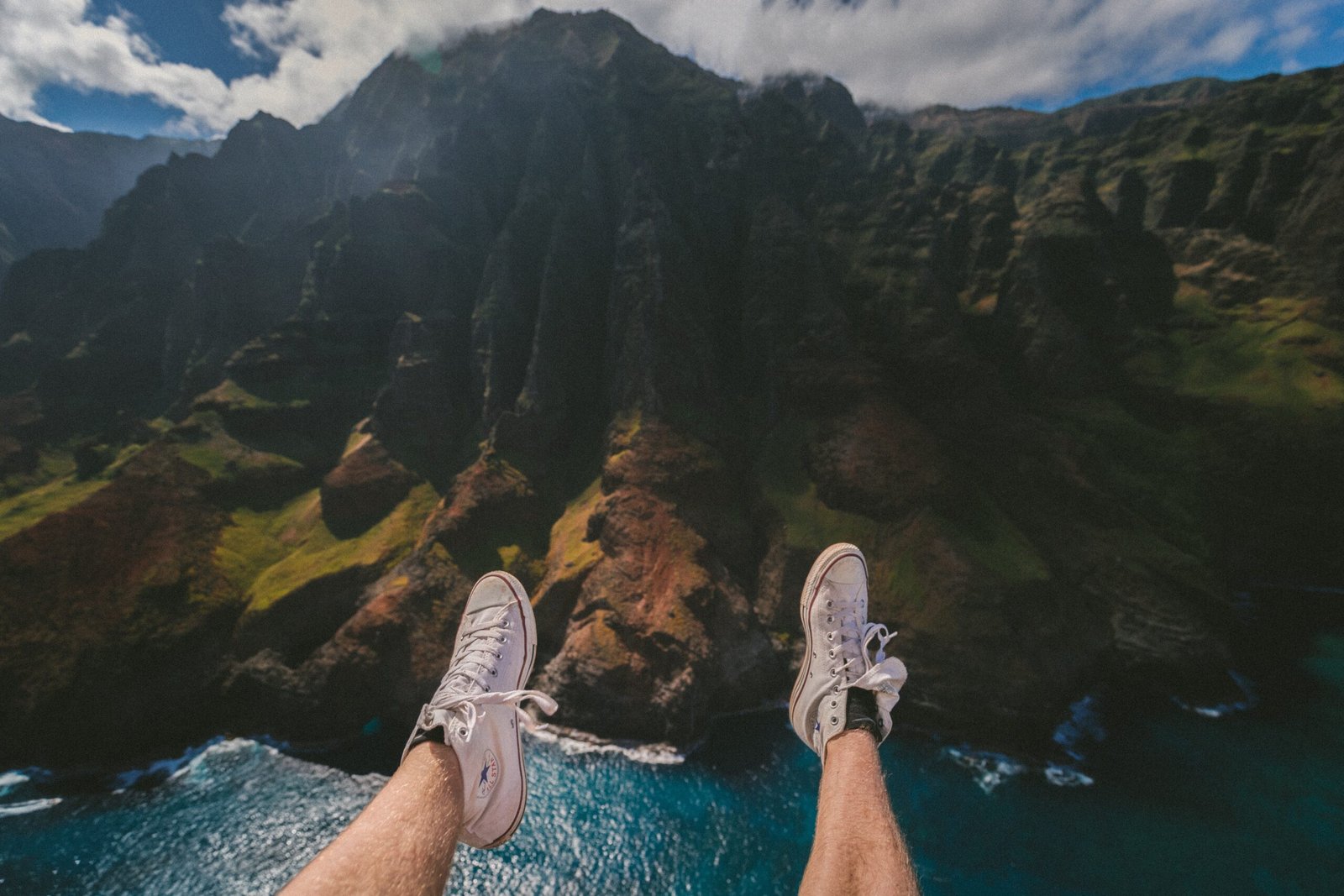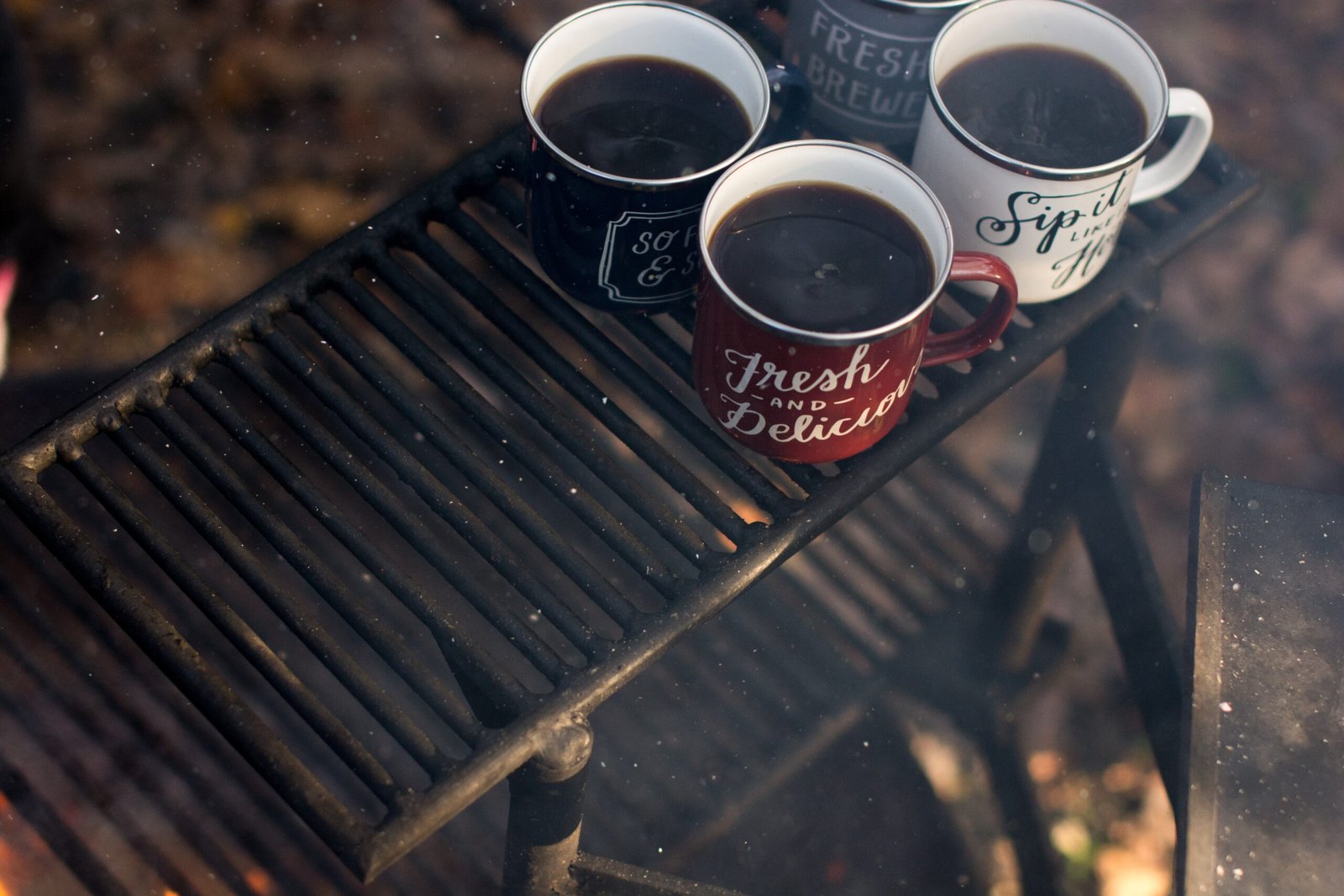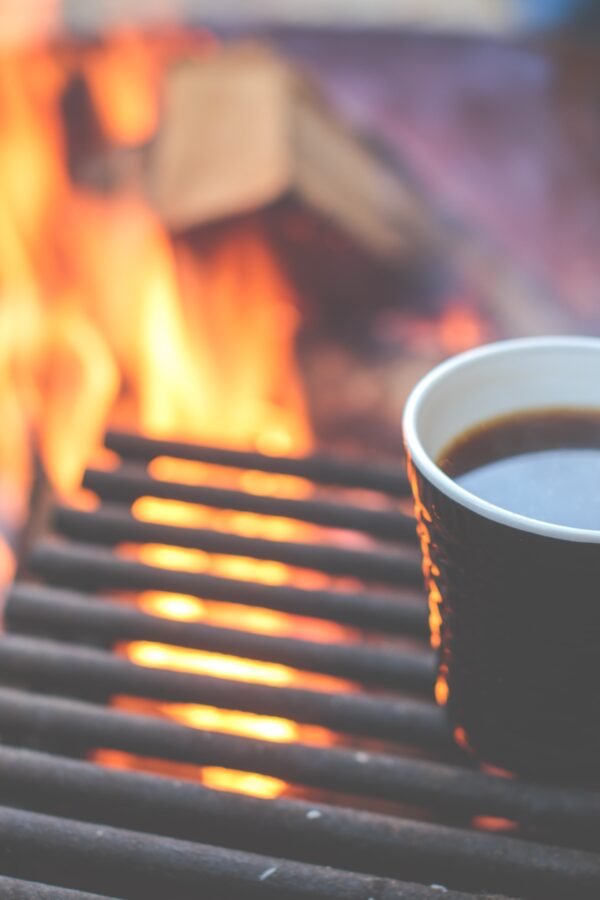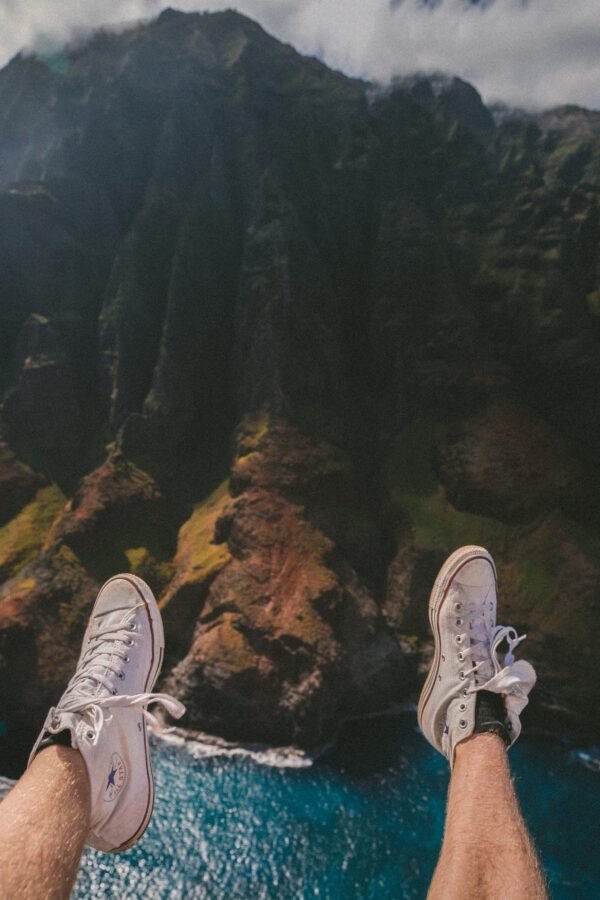Imagine immersing yourself in the great outdoors, surrounded by breathtaking landscapes and reconnecting with nature. That’s the essence of camping. It’s a thrilling adventure of setting up a temporary home amidst mountains, forests, or even next to a peaceful lake. Whether you prefer pitching a tent, staying in a cozy cabin, or parking your camper van, camping offers a unique experience that allows you to escape the hustle and bustle of daily life and embrace the tranquility of the wilderness. With Tutti Camping as your guide, you’ll unlock a world of information, tips, and inspiration to make your camping trips unforgettable. Get ready to embark on a journey where you’ll discover the wonders of camping firsthand.
What is Camping
Camping is an outdoor recreational activity where individuals or groups set up a temporary shelter, typically a tent, and spend time in nature. It involves staying at a designated camping site, usually in a natural environment such as a forest, beach, or mountainous area. Camping allows people to disconnect from their everyday routines, embrace the beauty of nature, and enjoy a range of outdoor activities.
Definition of Camping
The definition of camping can vary depending on the source, but generally, it refers to the act of spending time outdoors overnight or for an extended period of time with the intention of experiencing nature and engaging in recreational activities. It involves setting up a tent or other types of temporary shelters, cooking outdoor meals, and immersing oneself in the natural surroundings.
Types of Camping
There are several types of camping that cater to different preferences and styles, providing options for individuals or families. Here are some popular types of camping:
-
Tent camping: This is the most traditional form of camping where individuals set up a tent for shelter and sleep on sleeping bags or air mattresses. Tent camping is versatile and can be done in various locations, ranging from campgrounds to more remote areas.
-
RV or Camper camping: RV (recreational vehicle) or camper camping offers the convenience of bringing a vehicle that provides both transportation and a place to sleep. It is a popular choice for people who prefer to have certain amenities such as a kitchen, bathroom, and electricity while still being able to enjoy the outdoors.
-
Backpacking: Backpacking involves carrying all necessary supplies in a backpack and hiking to a remote location to set up camp. This form of camping allows for exploration of more secluded and less accessible areas.
-
Glamping: Glamping, short for “glamorous camping,” offers a luxurious camping experience with more comfort and indulgence. It often involves staying in pre-pitched tents or cabins furnished with comfortable beds, electricity, and other amenities.
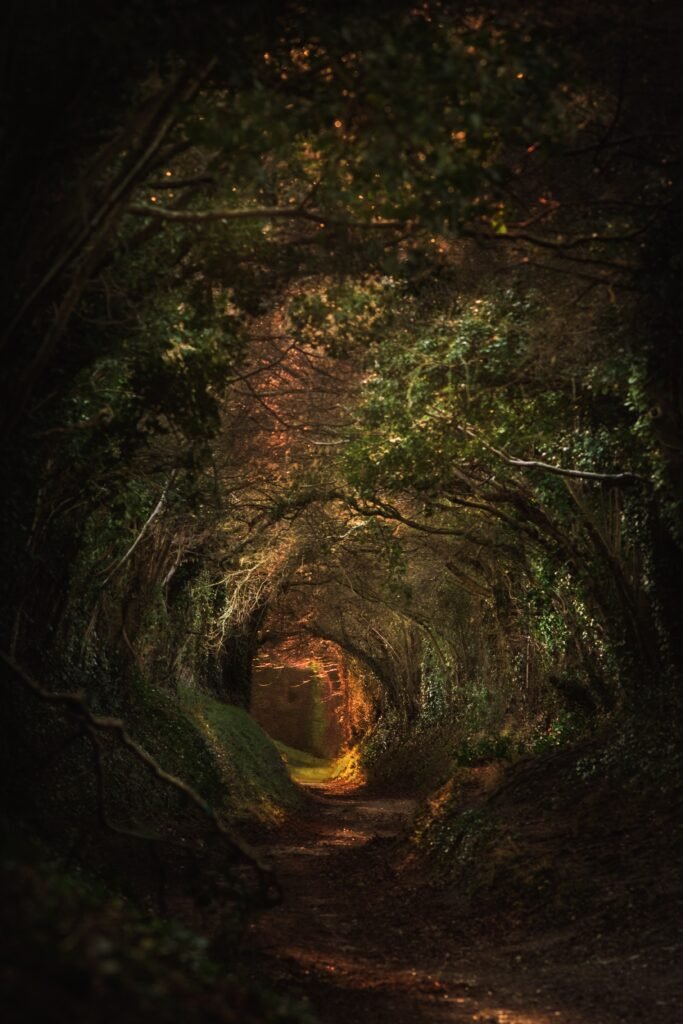
History of Camping
Camping has a rich history that dates back thousands of years. It was originally a necessity for early humans who migrated and relied on temporary dwellings made from natural materials. The roots of modern camping can be traced back to the 19th century with the emergence of the outdoor movement in Europe and the United States. Famous figures such as Ernest Hemingway and President Theodore Roosevelt were advocates of camping, promoting its benefits for physical and mental well-being.
Benefits of Camping
Camping offers a multitude of benefits that contribute to overall well-being and a sense of connection with nature. Here are some of the key benefits of camping:
-
Relaxation and Stress Relief: Camping allows you to escape the hustle and bustle of daily life and immerse yourself in a peaceful natural environment. The calming sounds of birds chirping and the rustling of leaves can help reduce stress and promote relaxation.
-
Physical Activity: Engaging in various outdoor activities such as hiking, swimming, and biking while camping provides an opportunity to get active and boost physical fitness. It is a great way to incorporate exercise into your routine and enjoy the beauty of nature simultaneously.
-
Social Connection: Camping presents an ideal setting for spending quality time with family and friends, building stronger relationships, and creating lasting memories. It encourages bonding through shared experiences and the opportunity to disconnect from technology and distractions.
-
Mental and Emotional Well-being: Spending time in nature has been shown to improve mood, enhance overall mental health, and reduce symptoms of anxiety and depression. Camping allows you to disconnect from the digital world and reconnect with yourself and nature.

Camping Gear and Equipment
To ensure a successful camping trip, it is important to have the right gear and equipment. Here is a list of essential camping items:
-
Tent: Choose a tent based on the number of people and weather conditions. Look for a tent that is easy to set up, durable, and provides adequate space.
-
Sleeping Gear: Sleeping bags, sleeping pads, and air mattresses are essential for a comfortable night’s sleep. Consider the temperature rating of the sleeping bag to ensure warmth.
-
Cooking Equipment: A camp stove or portable grill, cooking utensils, pots, pans, and eating utensils are necessary for preparing meals. Don’t forget to bring a cooler to store perishable food items.
-
Lighting: Headlamps, flashlights, and lanterns are crucial for providing light during the night and illuminating the camping area.
-
Clothing and Footwear: Pack appropriate clothing for the expected weather conditions. Layering is key to adapting to changing temperatures. Sturdy and comfortable footwear is essential for exploring the outdoors.
Popular Camping Destinations
There are countless beautiful camping destinations around the world. Here are a few popular ones:
-
Yosemite National Park, California, USA: Known for its breathtaking landscapes, towering waterfalls, and granite cliffs, Yosemite offers numerous campgrounds and backcountry camping options.
-
Banff National Park, Alberta, Canada: Situated in the Canadian Rockies, Banff National Park boasts stunning mountain scenery, pristine lakes, and abundant wildlife. It offers both developed campgrounds and backcountry camping opportunities.
-
Kruger National Park, South Africa: Famous for its diverse wildlife, Kruger National Park offers a unique camping experience in the midst of the African wilderness. Campers can stay at designated campsites or go on guided wilderness trails.
-
Lake District, United Kingdom: The Lake District is renowned for its picturesque lakes, rolling hills, and charming villages. It offers a variety of campsites, including those near the lakeshores or in the heart of the mountains.
-
Great Barrier Reef, Australia: Camping on the islands of the Great Barrier Reef allows you to explore one of the world’s most stunning natural wonders. Enjoy snorkeling, diving, and immersing yourself in the vibrant marine life.

Camping Safety Tips
Safety is of utmost importance while camping. Follow these tips to ensure a safe and enjoyable experience:
-
Research the camping area: Familiarize yourself with the location, its terrain, weather conditions, and any potential hazards or wildlife in the area.
-
Prepare for emergencies: Pack a first aid kit and know basic first aid procedures. Carry emergency essentials such as a compass, map, whistle, and extra food and water.
-
Campfire safety: Follow campground rules regarding campfires, ensure the fire is fully extinguished before leaving, and never leave it unattended.
-
Wildlife precautions: Keep a safe distance from wildlife and store food securely to prevent attracting animals. Dispose of trash properly to avoid conflicts with wild animals.
-
Weather readiness: Be prepared for changing weather conditions by bringing appropriate clothing, shelter, and equipment. Check weather forecasts before departing and make necessary adjustments to your plans if needed.
Camping Etiquette
Being mindful of camping etiquette ensures a positive experience for everyone. Here are some etiquette guidelines:
-
Respect quiet hours: Follow campground regulations regarding quiet hours to allow fellow campers to rest and enjoy their surroundings.
-
Leave no trace: Practice Leave No Trace principles by packing out all trash, minimizing impact on the environment, and respecting wildlife and vegetation.
-
Be considerate of others: Keep noise levels to a minimum, respect privacy, and be mindful of others’ campsites and personal space.
-
Follow campground rules: Familiarize yourself with campground rules and regulations, including fire safety, pet policies, and waste disposal guidelines.
-
Share and be inclusive: Foster a sense of community by being friendly and open to meeting new people. Share resources and help others when needed.
Camping Activities
Camping offers a wide range of activities to keep you entertained and make the most of your outdoor experience. Here are some popular camping activities:
-
Hiking and Nature Trails: Explore the surrounding area on foot by hiking through scenic trails and immersing yourself in nature. Look for trails that cater to different skill levels and distances.
-
Water Activities: Take advantage of nearby lakes, rivers, or oceans by engaging in water activities such as swimming, kayaking, fishing, or paddleboarding.
-
Wildlife Viewing: Observe and appreciate the local wildlife by going on guided wildlife tours or simply observing animals in their natural habitat.
-
Stargazing: Enjoy the beauty of the night sky by stargazing, identifying constellations, and learning about the universe.
-
Campfire Fun: Gather around the campfire and engage in classic camping activities such as storytelling, singing songs, roasting marshmallows, and playing games.
Camping Food and Cooking
One of the joys of camping is cooking and enjoying delicious outdoor meals. Here are some ideas for camping food and cooking:
-
Campfire Cooking: Embrace the traditional method of cooking over a campfire. Prepare meals like foil-wrapped dinners, shish kebabs, or s’mores using the campfire as your heat source.
-
One-Pot Meals: Simplify your camping cooking by preparing one-pot meals. This could include hearty stews, chili, or pasta dishes that require minimal cleanup.
-
Grilling: Bring a portable grill or use a designated grill at the campsite to cook up burgers, hot dogs, vegetables, or even pizzas. Grilling allows for a variety of options and flavors.
-
Snacks and Trail Mix: Prepare snacks and trail mix in advance to fuel your outdoor adventures. Nutritious options like dried fruit, nuts, granola bars, and energy balls are convenient and provide sustenance on the go.
-
Dutch Oven Cooking: Experiment with Dutch oven cooking, which allows for slow-cooked meals and baked goods. From hearty casseroles to freshly baked bread, a Dutch oven can expand your camping culinary repertoire.
In conclusion, camping offers a wonderful opportunity to connect with nature, unwind from daily routines, and partake in a range of outdoor activities. Whether you choose tent camping, RV camping, backpacking, or glamping, the benefits of camping are numerous. By following safety guidelines, practicing camping etiquette, and preparing the right gear and equipment, you can embark on memorable camping adventures in some of the world’s most beautiful destinations. So pack your bags, embrace the great outdoors, and enjoy the wonders of camping!


